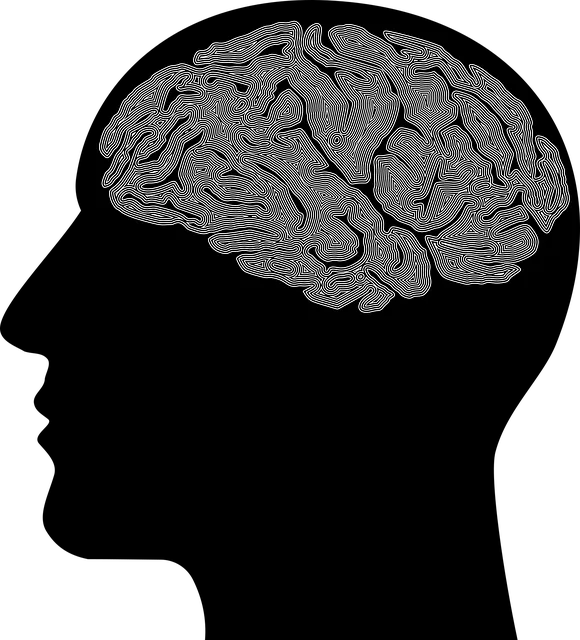At Centennial Kaiser Permanente Psychiatry, we prioritize risk management as a foundational aspect of our mental health services. Through comprehensive training programs, regular workshops, and continuous monitoring, we equip staff with crisis intervention skills and conflict resolution techniques to handle diverse situations safely. Our approach balances clinical protocols with emotional intelligence and cultural sensitivity, fostering an inclusive environment that enhances care experiences for all patients. By leveraging data analytics, we proactively adjust risk management plans, ensuring both patients and healthcare providers benefit from a safe and supportive system.
“In the dynamic field of mental health care, effective risk management is paramount. This article explores essential practices for professionals at Centennial Kaiser Permanente Psychiatry, delving into understanding unique risks within their practice. We present a structured approach to developing a comprehensive risk management plan, highlighting key strategies. From identifying potential hazards to implementing safety protocols, this guide ensures the delivery of secure and resilient mental healthcare services, tailored to meet the complex needs of patients and practitioners at Centennial Kaiser Permanente.”
- Understanding Risks in Mental Health Practice at Centennial Kaiser Permanente Psychiatry
- Developing a Comprehensive Risk Management Plan
- Implementing and Monitoring Strategies for Safe Mental Healthcare Delivery
Understanding Risks in Mental Health Practice at Centennial Kaiser Permanente Psychiatry

At Centennial Kaiser Permanente Psychiatry, understanding risks is a cornerstone of our mental health practice. We recognize that working with individuals dealing with mental health challenges can expose professionals to unique stressors and potential hazards. Our risk management planning incorporates comprehensive training in crisis intervention guidance, ensuring staff are equipped to handle emergency situations effectively while prioritizing patient safety.
Through regular workshops and educational sessions, we impart conflict resolution techniques tailored to the sensitive dynamics of mental healthcare. This proactive approach not only enhances our ability to navigate challenging interactions but also fosters a supportive work environment that promotes mental wellness among our professionals. By integrating these strategies, Centennial Kaiser Permanente Psychiatry strives to mitigate risks, improve patient outcomes, and uphold the highest standards of care within our practice.
Developing a Comprehensive Risk Management Plan

In the realm of mental health care, where emotions run high and experiences vary greatly among patients, a robust risk management plan is non-negotiable. At Centennial Kaiser Permanente psychiatry, professionals are encouraged to develop a comprehensive strategy that encompasses not just clinical protocols but also emotional intelligence and cultural sensitivity. This involves recognizing potential risks, from patient-provider interactions to systemic issues within the healthcare setting, and implementing proactive measures to mitigate them.
A well-rounded risk management plan for mental health professionals should incorporate strategies tailored to individual practices while adhering to broader organizational guidelines. This might include regular Healthcare Provider Cultural Competency Training to enhance cultural sensitivity in mental healthcare practice. By fostering an environment that prioritizes emotional intelligence and cultural awareness, Centennial Kaiser Permanente aims to ensure a safe, inclusive, and effective care experience for every patient, aligning with the latest advancements in mental healthcare.
Implementing and Monitoring Strategies for Safe Mental Healthcare Delivery

Implementing and monitoring strategies for safe mental healthcare delivery is paramount in maintaining a healthy work environment for professionals at Centennial Kaiser Permanente psychiatry. This involves establishing clear guidelines for risk assessment, case management, and crisis intervention protocols. Regular training sessions on emotional intelligence and effective communication can enhance the ability of mental health professionals to manage patient risks while fostering positive relationships.
Monitoring these strategies should include regular review of clinical outcomes, patient feedback, and staff reports to identify areas for improvement. Utilizing data analytics from the Mental Wellness Podcast Series Production can offer insights into emerging trends and potential risk factors, allowing for proactive adjustments in risk management plans. This holistic approach ensures that both patients and healthcare providers benefit from a safe and supportive delivery system.
Risk management planning is an essential component of providing safe and effective mental healthcare, as demonstrated by practices at Centennial Kaiser Permanente Psychiatry. By understanding specific risks associated with mental health practice, developing a comprehensive risk management plan, and implementing robust strategies for monitoring and delivery, mental health professionals can ensure patient safety and improve outcomes. Adopting these measures not only mitigates potential hazards but also fosters a culture of resilience and adaptability within healthcare organizations, ultimately enhancing the quality of care provided to those seeking support for their mental well-being.






